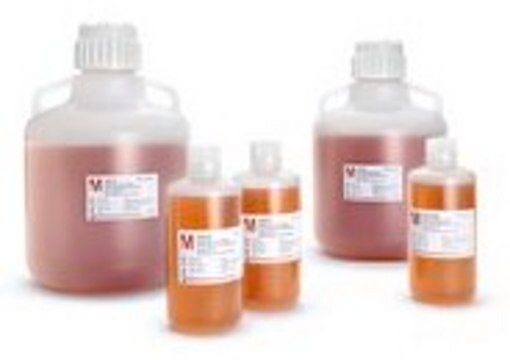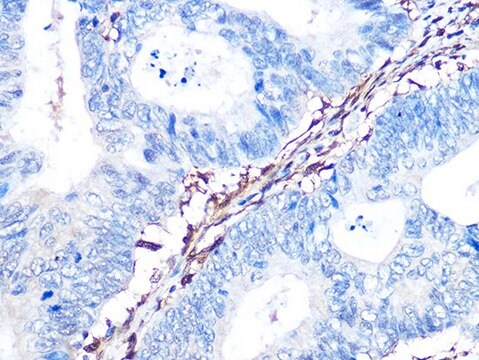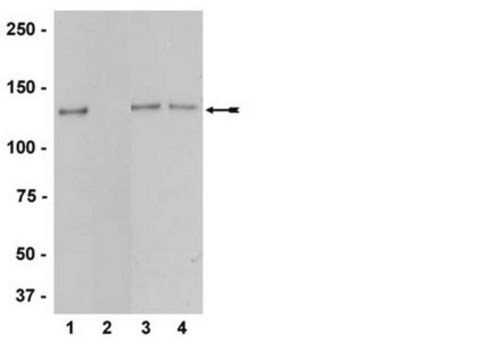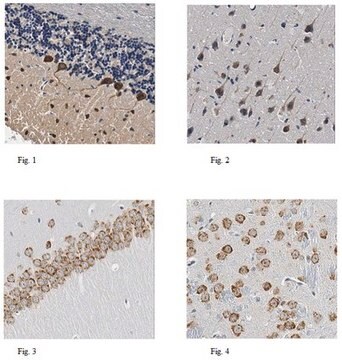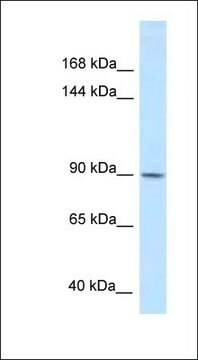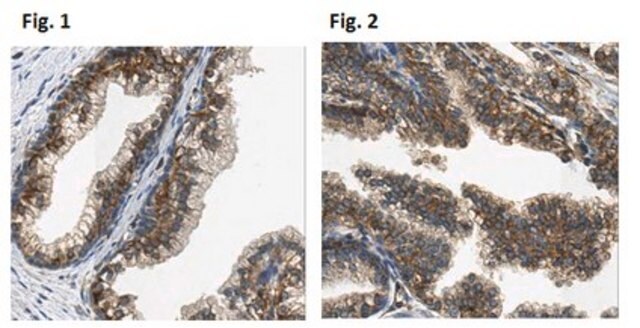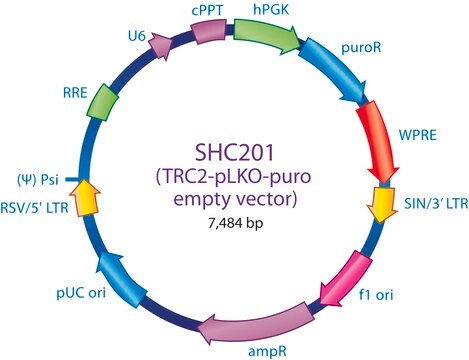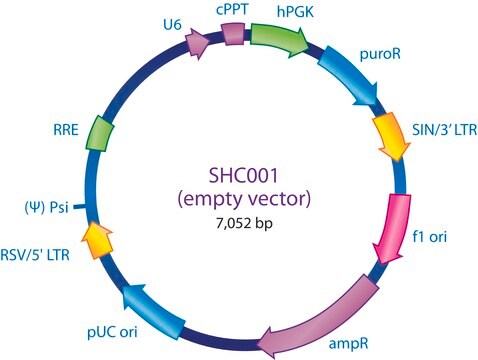HTS100RTA
Ready-to-Assay delta Opioid Receptor Frozen Cells
Human
Zaloguj sięWyświetlanie cen organizacyjnych i kontraktowych
About This Item
Kod UNSPSC:
41106514
eCl@ss:
32011203
NACRES:
NA.81
Polecane produkty
Nazwa produktu
Ready-to-Assay delta Opioid Receptor Frozen Cells, Human Delta / OP1 / DOP / DOR GPCR frozen cells for Calcium Flux FLIPR Assays.
pochodzenie biologiczne
human
Poziom jakości
producent / nazwa handlowa
Ready-to-Assay
metody
calcium flux assay: suitable
numer dostępu NCBI
metoda wykrywania
fluorometric
Warunki transportu
dry ice
Opis ogólny
Millipore’s Ready-to-Assay GPCR frozen cells are designed for simple, rapid calcium assays with no requirement for intensive cell culturing. Millipore has optimized the freezing conditions to provide cells with high viability and functionality post-thaw. The user simply thaws the cells and resuspends them in media, dispenses cell suspension into assay plates and, following over night recovery, assays for calcium response.
Opiates derived from the opium poppy, Papaver somniferum, have been used in for millenia for their anti-diarrheal, analgesic and euphoric properties. More recently, endogenous peptides, enkephalins, dynorphins, and endorphins, were found to bind to the same sites as opiate alkaloids. The receptors for the classical opioids are three related GPCRs, δ, κ, andμ also known as OP1, OP2 and OP3, respectively), that activate Gi/o to reduce intracellular cAMP levels. Although most clinically used opioids function by activation of the μ opioid receptor, agonist of spinal δ opioid receptors have antinociceptive activity that is independent of μ. In addition, activation of δ increases locomotor activity, inhibits gastrointestinal motility, and decreases respiratory frequency (Dhawan et al., 1996). Agonists for δ opioid receptors also exhibit antidepressant-like activity in animal models (Broom et al., 2002). Millipore’s cloned human δ opioid -expressing cell line is made in the Chem-1 host, which supports high levels of recombinant δ opioid expression on the cell surface and contains high levels of the promiscuous G protein Gα15 to couple the receptor to the calcium signaling pathway. Thus, the cell line is an ideal tool for screening for agonists, antagonists and modulators at δ.
Opiates derived from the opium poppy, Papaver somniferum, have been used in for millenia for their anti-diarrheal, analgesic and euphoric properties. More recently, endogenous peptides, enkephalins, dynorphins, and endorphins, were found to bind to the same sites as opiate alkaloids. The receptors for the classical opioids are three related GPCRs, δ, κ, andμ also known as OP1, OP2 and OP3, respectively), that activate Gi/o to reduce intracellular cAMP levels. Although most clinically used opioids function by activation of the μ opioid receptor, agonist of spinal δ opioid receptors have antinociceptive activity that is independent of μ. In addition, activation of δ increases locomotor activity, inhibits gastrointestinal motility, and decreases respiratory frequency (Dhawan et al., 1996). Agonists for δ opioid receptors also exhibit antidepressant-like activity in animal models (Broom et al., 2002). Millipore’s cloned human δ opioid -expressing cell line is made in the Chem-1 host, which supports high levels of recombinant δ opioid expression on the cell surface and contains high levels of the promiscuous G protein Gα15 to couple the receptor to the calcium signaling pathway. Thus, the cell line is an ideal tool for screening for agonists, antagonists and modulators at δ.
Opis linii komórkowej
GPCR Cell Lines
Host cells: Chem-1
Działania biochem./fizjol.
GPCR Class: A
Protein Target: Delta / OP1 / DOP / DOR
Target Sub-Family: Opioid
Komponenty
Pack contains 2 vials of mycoplasma-free cells, 1 ml per vial.
Fifty (50) mL of Media Component.
Fifty (50) mL of Media Component.
Inne uwagi
Limited to a single use and shall not be propagated and/or re-frozen by licensee.
Ta strona może zawierać tekst przetłumaczony maszynowo.
Kod klasy składowania
10 - Combustible liquids
Klasa zagrożenia wodnego (WGK)
WGK 1
Temperatura zapłonu (°F)
Not applicable
Temperatura zapłonu (°C)
Not applicable
Certyfikaty analizy (CoA)
Poszukaj Certyfikaty analizy (CoA), wpisując numer partii/serii produktów. Numery serii i partii można znaleźć na etykiecie produktu po słowach „seria” lub „partia”.
Masz już ten produkt?
Dokumenty związane z niedawno zakupionymi produktami zostały zamieszczone w Bibliotece dokumentów.
Nasz zespół naukowców ma doświadczenie we wszystkich obszarach badań, w tym w naukach przyrodniczych, materiałoznawstwie, syntezie chemicznej, chromatografii, analityce i wielu innych dziedzinach.
Skontaktuj się z zespołem ds. pomocy technicznej